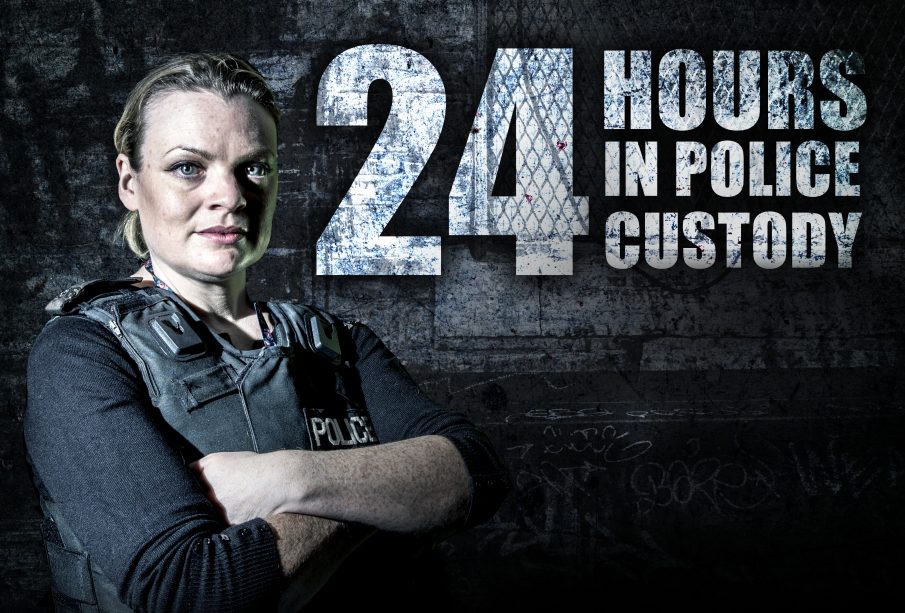Exploring the Impact of 24 Hours in Police Custody

The Significance of Police Custody
Understanding the impact of detaining suspects for up to 24 hours is crucial in evaluating the efficiency and fairness of the UK’s legal system. The process not only has implications for the suspect but also affects the investigation, victims, and public trust in law enforcement.
Current Events in Custody Practices
Recently, following an investigation by independent oversight bodies, there has been increased focus on the practices surrounding police custody in the UK. Reports indicate that while standard procedures exist, inconsistencies and issues of treatment have been highlighted, prompting calls for reform. The Independent Office for Police Conduct (IOPC) has encouraged greater transparency and accountability regarding how custody is managed, especially during the crucial initial hours.
The Role of the Police and the Law
Under the Police and Criminal Evidence Act 1984 (PACE), the police are permitted to detain individuals for up to 24 hours without charge in connection with a serious crime. This period can extend up to 96 hours when further authorised by a magistrate, depending on the seriousness of the allegations. The rationale behind this practice is to allow police sufficient time to gather evidence and establish whether there are grounds to press charges.
Reforms and Recommendations
In light of recent studies and public outcry, various human rights organisations are advocating for a re-evaluation of the current custody framework. Suggestions include the implementation of stricter guidelines surrounding the treatment of detainees, ensuring their welfare while in custody, and the necessity for legal representation during this vulnerable period. Police chiefs across the UK are urged to consider these recommendations to foster a more humane and just system.
Conclusion
The time spent in police custody is critical in the criminal justice process. As discussions continue regarding its impact on suspects and the system as a whole, reforms seem necessary to enhance accountability and transparency. The integration of best practices as recommended by oversight bodies could ultimately improve public perceptions of law enforcement while safeguarding civil liberties. The commitment to reform will determine the future landscape of the UK’s police custody practices.








